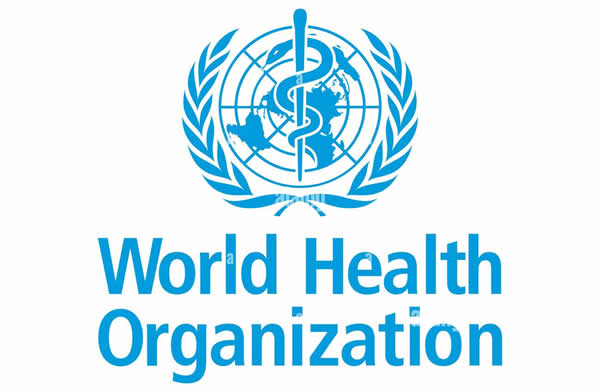
Health facilities in Ghana and other parts of Africa have been advised against detaining patients who are unable to pay their medical bills after treatment.
Not only was the detention of patients and family members for non-payment of medical bills harmful to their health, but it also contravened international law. The Director in charge of the Global Neglected Tropical Diseases (NTDs) Programme at the World Health Organisation (WHO), Dr Ibrahima Socé Fall, who said such actions were against the fundamental human rights also described such practice as “dramatic and should never happen in any country.”
Dr Fall, therefore, called on people in leadership positions to consider policy reforms that could prevent such practices and establish more equitable payment plans, particularly for the poor.
World Health Day
Dr Fall was speaking in an interview with the Daily Graphic, courtesy of Speak Up Africa, a Dakar-based policy and advocacy action tank, in commemoration of this year’s World Health Day, which fell on April 7.
World Health Day is celebrated globally each year to raise awareness of a specific health topic of global concern and to mobilise action to address health issues affecting people around the world.
This year’s theme: “My health, my right”, was chosen to champion the rights of everyone, everywhere to have access to quality health services, education and information, as well as safe drinking water, clean air, good nutrition, quality housing, decent working and environmental conditions, and freedom from discrimination.
The WHO recommends that the practice of detaining patients and the bodies of patients for non-payment of bills be prohibited, as the practice also has serious health consequences and may negatively impact the physical or mental health of detainees by exposing them to infection, trigger psychological trauma, or discourage people from seeking much-needed health care.
Also, the WHO Council on the Economics of Health for All has found that at least 140 countries recognise health as a human right in their constitutions. Yet countries were not passing and putting into practice laws to ensure their populations were entitled to access health services.
UHC
Dr Fall was of the view that when countries achieved universal health coverage (UHC), it would help to prevent the detention of patients after treatment because it would do away with out-of-pocket payment for healthcare services.
He urged countries to work to achieve universal health coverage (UHC), noting that UHC would ensure that patients did not need to pay out-of-pocket for health care. “When you ask poor people to do out-of-pocket for health care, it will increase their level of poverty and expose them to more diseases,” he noted.
For him, countries, particularly those in the developing world, should work more to minimise the practice of out-of-pocket payment for medical care, saying there was an urgent need for a solution to the problem of patients’ detention for non-payment of medical bills.
Rights
The WHO Director in charge of the Global NTDs Programme further indicated that health and human rights must always go hand-in-hand, stressing that people had a right to health care and to be treated with dignity and respect when they accessed it.
He said no one should be denied access to health care based on the person’s race, ethnicity, sexual orientation or political affiliation, stressing that, “the right to health is a fundamental human right that requires attention from everybody.”
“Neglecting this (right to health) can result in widespread health disparity that would lead to poor public health outcomes,” he observed, adding that neglecting the right to health could even affect economic stability and societal well-being.”
Dr Fall said to improve healthcare delivery in less-developed countries, political leaders must show commitment to the cause, observing that, “We need political commitment from political leaders to provide health infrastructure to aid quality healthcare delivery.”
Source: graphic.com.gh











